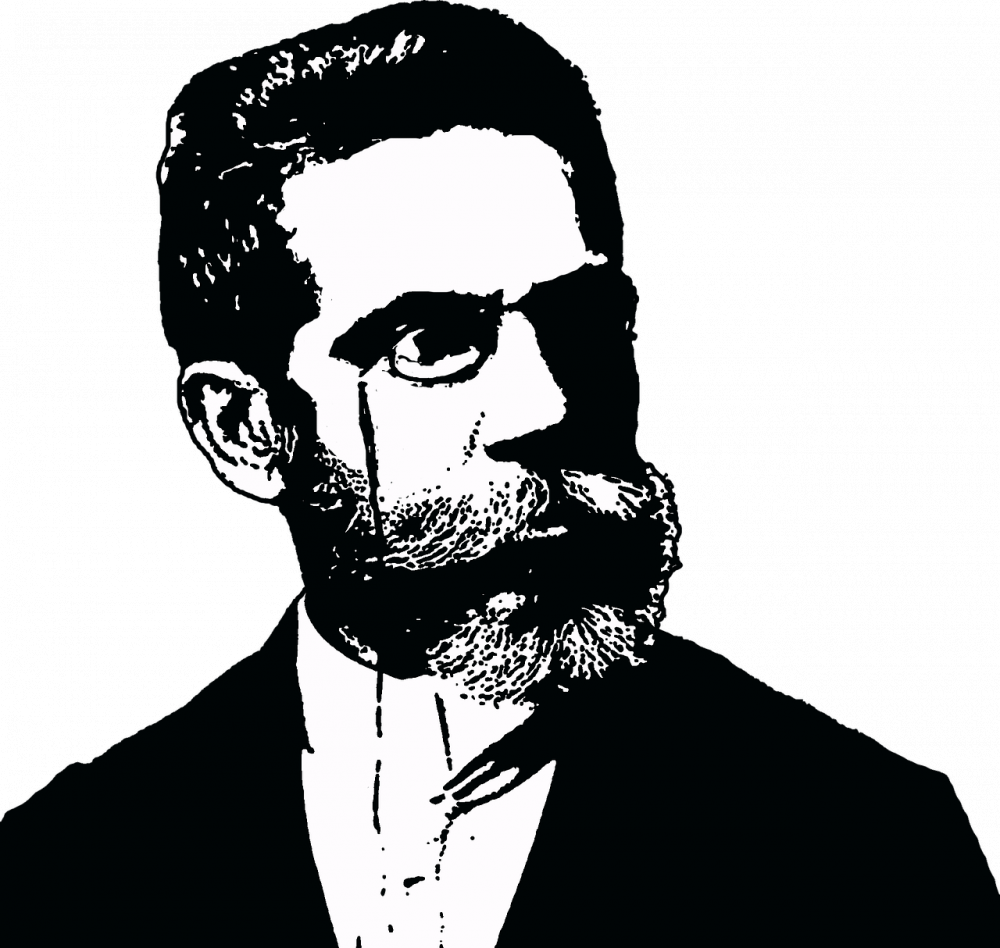Homers Iliad: A Journey Through History and Artistic Brilliance

Introduction
The epic poem “Homer Iliad” holds a prominent position in the realm of ancient Greek literature and continues to captivate readers to this day. Composed by the legendary poet Homer, the Iliad has served as an influential piece of literature for generations, showcasing the heroic deeds, human emotions, and the consequences of war. In this article, we will delve into the significance of the Iliad, its historical development, and its enduring impact on the world of art and culture.
Understanding the Iliad: A Glimpse into the Ancient World

To comprehend the importance of the Iliad, it is crucial to grasp its storyline and characters. Set during the Trojan War, the Iliad revolves around the rage of Achilles, a strong and courageous Greek warrior. The narrative incorporates various themes such as honor, pride, fate, and the clash between mortals and immortals.
The Iliad is not merely a tale of epic battles and valorous acts; it also delves deep into the psyche of its characters, exploring their joys, sorrows, and internal conflicts. Readers are exposed to the emotional struggles faced by the warriors, their friendships, and the devastating consequences of their actions. Through the Iliad, we witness the power of storytelling to convey universal human experiences that transcend time and culture.
Historical Evolution of the Iliad: From Oral Tradition to Written Masterpiece
The Iliad was initially passed down through generations as an oral tradition. Homer, believed to have lived during the 8th century BC, composed and recited the poem at various gatherings and festivals. The reliance on oral transmission allowed for flexibility in the narrative, with bards adding their personal touches and adaptations.
However, it was not until the 8th century BC that the Iliad was transcribed into a written form. This pivotal moment in history preserved the epic poem for future generations, allowing it to influence numerous artistic endeavors over the centuries. The written Iliad became the standard version, allowing scholars and artists to study and interpret its contents more thoroughly.
Featured Snippet Qualities: Unlocking Visibility With Structured Text
To increase the likelihood of the article being showcased as a featured snippet on Google search, it is essential to structure the text strategically. By organizing the content into various sections using and multiple H2 tags, the article becomes more accessible for algorithmic analysis.
Below is an example of how the article can be structured:
Introduction
Understanding the Iliad: A Glimpse into the Ancient World
Historical Evolution of the Iliad: From Oral Tradition to Written Masterpiece
The Iliad’s Enduring Impact on Art and Culture
The Iliad’s Enduring Impact on Art and Culture
Ever since the ancient Greeks, the Iliad has served as a significant source of inspiration for artists, writers, and thinkers. From ancient pottery and sculpture to Renaissance paintings and modern adaptations, the Iliad’s influence is evident throughout notable artistic movements.
The emotions and struggles depicted in the Iliad have resonated with artists across time, enabling them to explore profound human experiences. The courage of Achilles, the wisdom of Odysseus, and the tragedies faced by warriors have inspired countless artworks that continue to grace museums and galleries worldwide.
Conclusion
In conclusion, the Iliad stands as a masterpiece of ancient Greek literature, encapsulating timeless human experiences within the backdrop of the Trojan War. Through its rich storytelling and exploration of universal themes, Homer’s Iliad has permeated through history, shaping the artistic endeavors of countless generations. By understanding the origins, historical development, and cultural impact of the Iliad, we gain insight into the profound influence this epic poem has had on the world of art and literature.











